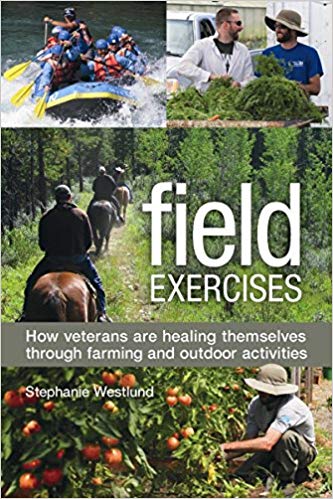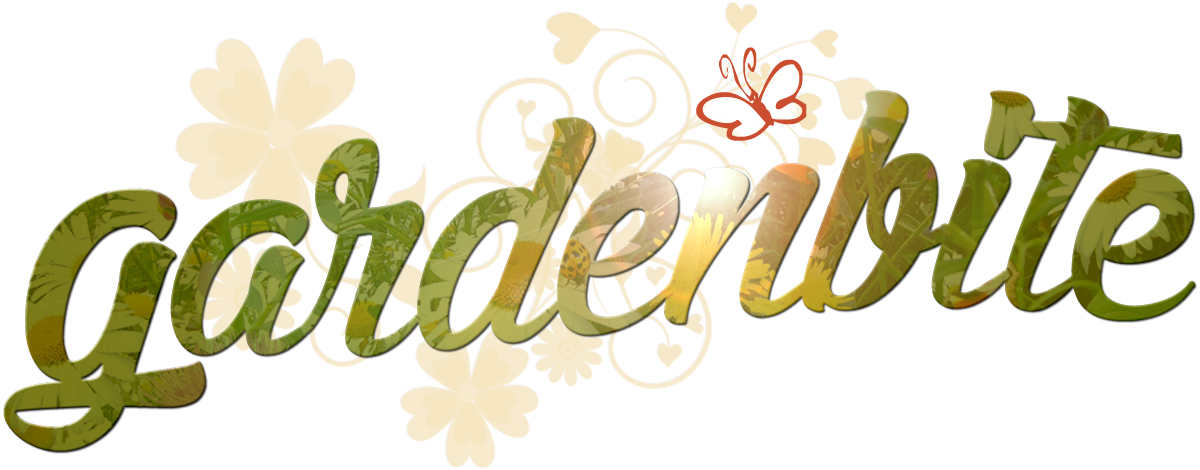Click below to listen to my 2 min. Garden Bite radio show/podcast: Veterans Day & the healing properties of nature
Audio PlayerToday is Veterans Day aka Armistice Day. World War I – known at the time as “The Great War” – officially ended when the Treaty of Versailles was signed on June 28, 1919, in the Palace of Versailles outside the town of Versailles, France. However, fighting ceased seven months earlier when an armistice, or temporary cessation of hostilities, between the Allied nations and Germany went into effect on the eleventh hour of the eleventh day of the eleventh month. For that reason, November 11, 1918, is generally regarded as the end of “the war to end all wars.”
I want to honor all those who have served our Country and for those who have come back from war with injuries we see and those we don’t.
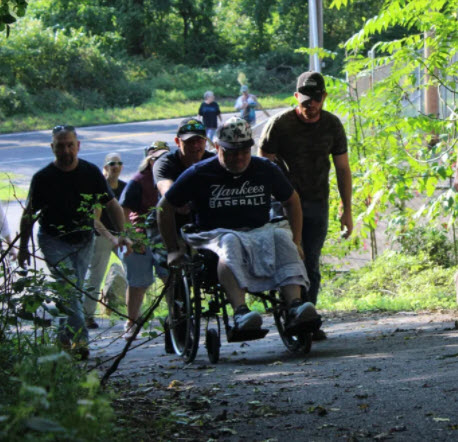
Transitioning from combat to civilian life isn’t easy. In particular now when wars are fought so differently. Healers have known for a long time that nature heals humans in many ways but it took using nature in that way has ebbed and flowed. With more and more research, in particular regarding Post Traumatic Stress, it’s been a game changer for many, finally.
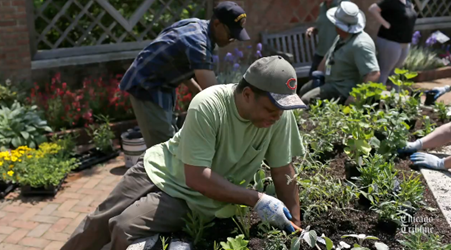
Years ago, on another radio show I had called “15 with the Author”, I talked with Stephanie Westlund who wrote, “Field Exercises: How Veterans Are Healing Themselves through Farming and Outdoor Activities”. It is a look at the healing properties of being in nature, including activities such as gardening. Digging in can reduce the feelings of anxiety and stress so often accompanied with traumatic events in a person’s life no matter what that trauma was.
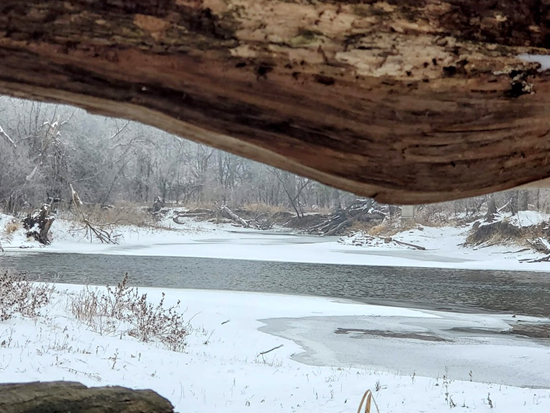
Just going for a walk, taking in the nature around me, is a comfort. Noticing the beauty in how a downed tree in a river has been smoothed over or how geese gather and, some, challenging to see who leads the pack.
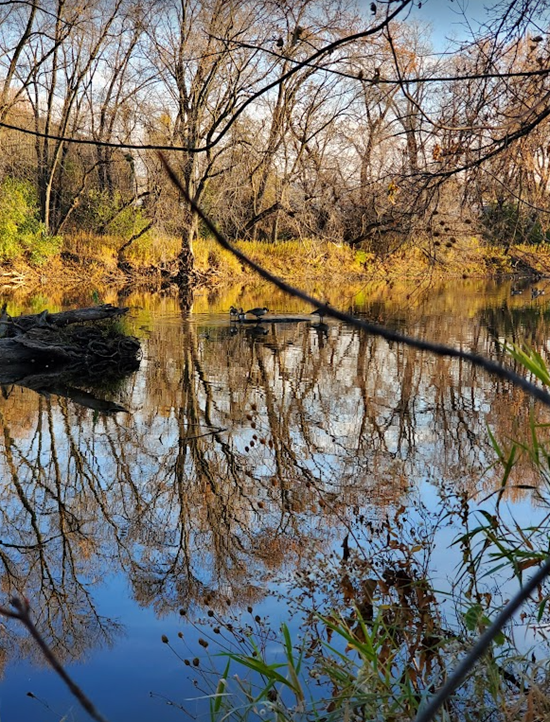
Interesting, none of the more than 50 geese I spotted with a friend one day did anything more than a blip of aggression.
The sight of nature heals but so does the feel of soil.
Researchers continue to study mycobacterium in soil as it acts like serotonin, a happy drug, if you will. Gardeners inhale the bacteria, have topical contact with it and get it into their bloodstreams when there is a cut or other pathway for infection. The natural effects of the soil bacteria antidepressant can be felt for up to 3 weeks.
Returning soldiers often don’t feel safe but as they walk through gardens, stroll paths through parks or work the soil, a sense of security often settles on them.
